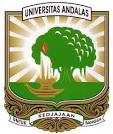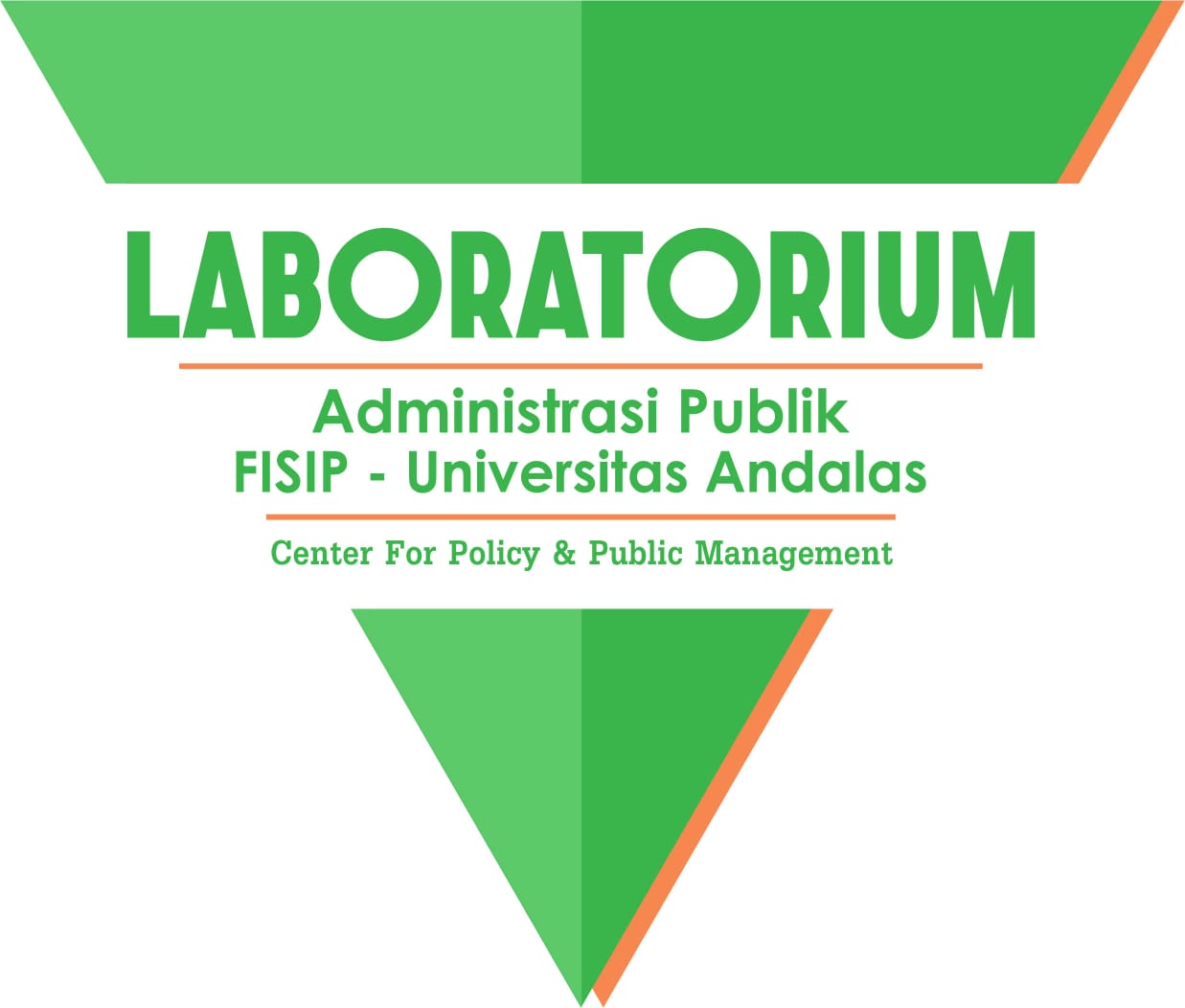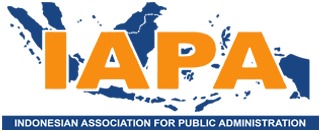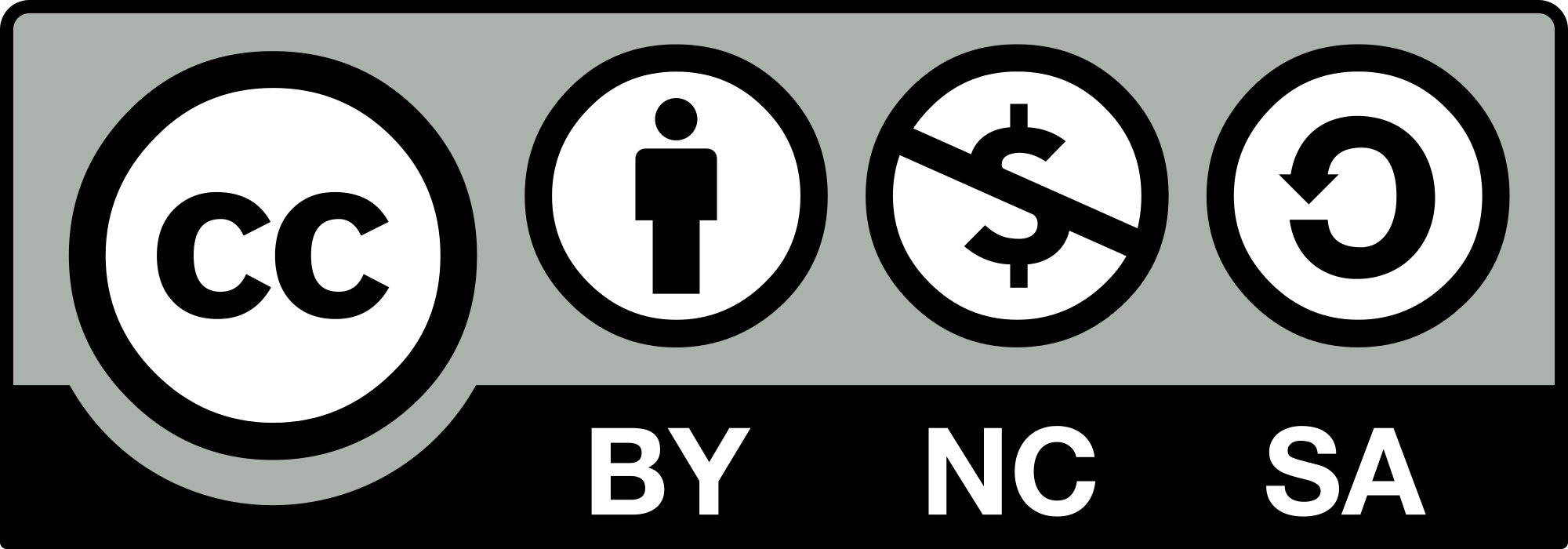Collaborative Governance dalam Kebijakan Sertifikasi Produksi Pangan Industri Rumah Tangga Kopi Bubuk Koto Tuo Kabupaten Tanah Datar
Abstract
The facilitation in the implementation of the Ground Coffee Home Food Industry (IRTP) certification policy by Tanah Datar District has not been optimal. This situation is counterproductive, with Nagari Koto Tuo being listed as one of the largest producers of ground coffee in Tanah Datar Regency. Nearly 75% of the Nagari Koto Tuo people live from processing coffee from generation to generation for more than two generations. A total of 160 Ground Coffee IRTPs with 177 coffee trademarks are registered in Nagari Koto Tuo, ironically only 14 have SPP-IRT. The policy issued by BPOM RI No. 22/2018 for the ease of providing the Home Industry Food Production Certificate (SPP-IRT) has not been able to respond in policy by the Regency Governments. The Nagari Koto Tuo government is also limited in advocating for Ground Coffee IRTP. And, since the launch of the Village Fund, there have not been many programs/and budgets allocated related to this Nagari, coupled with the existence of Nagari Owned Enterprises (BUMNag), which do not have a core business according to the village potential, namely coffee. Research using qualitative methods with a case study approach to collaborative governance was conducted by identifying the involvement of actors and policies in providing IRTP for Ground Coffee. The collaborative governance model removes the barriers of actors related to synergy and policies that have been blocked in their respective powers and duties and their respective functions that nullify the society's potential. Collaboration between actors has proven to be an important element in the success of providing SPP-IRTP for Ground Coffee by optimizing socio-economic capital in village development. This is where the obstacles that occur that cause a lack of IRT-P.
Downloads
References
Afriza, Moni, (2017). “Sentra Industri Kopi Bubuk di Nagari Koto Tuo Sungai Tarab Kabupaten Tanah Datar”, Skripsi Jurusan Sejarah Universitas Andalas Padang
Ansell, C., & Gash, A. (2008). Collaborative governance in theory and practice. Journal of Public Administration Research and Theory, 18(4), 543–571. https://doi.org/10.1093/jopart/mum032
Azwarnis, (2011). “Usaha Kopi Bubuk di Nagari Koto Tuo Sungai Tarab Kabupaten Tanah Datar (1990-2010)”, Tugas Akhir Fakultas Ekonomi Universitas Andalas Padang (tidak terpublikasi).
Febrian, R. A. (2016). Collaborative Governance dalam Pembangunan Kawasan Perdesaan (Tinjauan Konsep dan Regulasi). Wedana, 11(1), 200–208. Retrieved from http://journal.uir.ac.id/index.php/wedana/article/view/1824 diakses pada tanggal 5 April 2019 pukul 02:55 WIB
Handoko, Tito, Syofian; dan Tiyas Tinov. (2017). Collaborative Governance Dalam Pengendalian Pencemaran Lingkungan Oleh Aktivitas Industri Pada Daerah Aliran Sungai (DAS) Siak di Kota Pekanbaru. Jurnal Administrative Reform, 6(3), 102-109. http://dx.doi.org/10.30872/jar.v6i3.1904
Irawan Denny. (2017). Collaborative Governance (Studi Deskriptif Proses Pemerintahan Kolaboratif Dalam Pengendalian Pencemaran Udara di Kota Surabaya). IR-Perpustakaan Universitas Airlangga, 5, 1–12.
Denok Kurniasih, Paulus Israwan Setyoko, dan Moh. I. (2017). Collaborative Governance Dalam Penguatan Kelembagaan Program Sanitasi Lingkungan Berbasis Masyarakat (SLBM) Di Kabupaten Banyumas. Sosiohumaniora, 19(1), 1–7. Retrieved from http://www.oxfordscholarship.com/view/10.1093/acprof:oso/9780199772438.001.0001/acprof-9780199772438%5Cnhttp://www.oxfordscholarship.com/view/10.1093/acprof:oso/9780199772438.001.0001/acprof-9780199772438-chapter-9
Lexy J. Moleong, Dr. M. A. (2019). Metodologi Penelitian Kualitatif (Edisi Revisi). PT. Remaja Rosda Karya. https://doi.org/10.1016/j.carbpol.2013.02.055
Muhammad, A. S. (2017). Collaborative Governance Model in Managing International Borders in Riau Islands Province using Partial Least Squares Method. JKAP (Jurnal Kebijakan Dan Administrasi Publik), 21(2), 166. https://doi.org/10.22146/jkap.28097
Neuman, W. L. (2011). Social Research Methods: Qualitative and Quantitative Approaches. Pearson Education.
Ningsi, Yolandari Setia. (2018). “Strategi Pengembangan Industri Kopi Bubuk Minang Super di Nagari Koto Tuo Kabupaten Tanah Datar”. Skripsi Fakultas Pertanian Universitas Andalas Padang (tidak terpublikasi).
Purnomo, E. P., Ramdani, R., Setyadiharja, R., & Muzwardi, A. (2018). Collaborative Governance Tata Kelola Hutan Berbasis Masyarakat. Collaborative Governance (pp. 1–209).
Tri Sambodo, G., & Pribadi, U. (2016). Pelaksanaan Collaborative Governance di Desa Budaya Brosot, Galur, Kulonprogo, DI. Yogyakarta. Journal of Governance and Public Policy, 3(1). https://doi.org/10.18196/jgpp.2016.0052
Mutiarawati, T., & Sudarmo. (2017). Collaborative Governance dalam Penanganan Rob di Kelurahan Bandengan Kota Pekalongan. Jurnal Wacana Publik, 1(2), 48–62.
Copyright (c) 2020 Hendri Koeswara, Desna Aromatica, Malse Yulivestra, Muhammad Ichsan Kabullah, Roza Liesmana, Enggi Hidayat

This work is licensed under a Creative Commons Attribution-NonCommercial-ShareAlike 4.0 International License.










